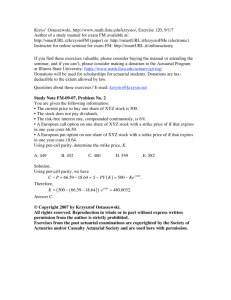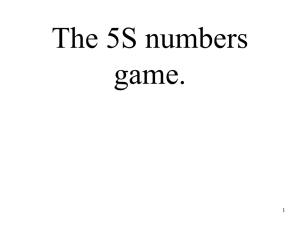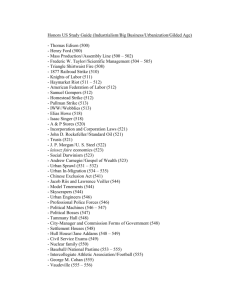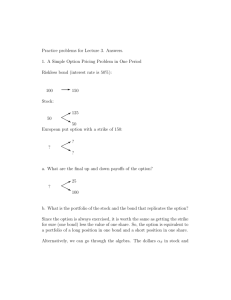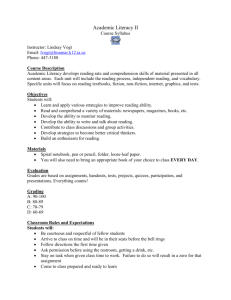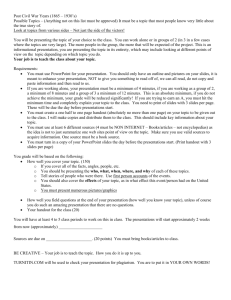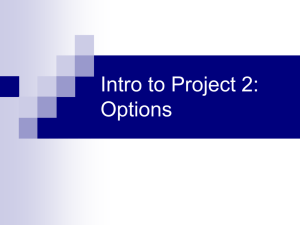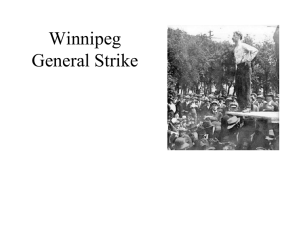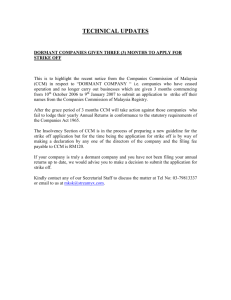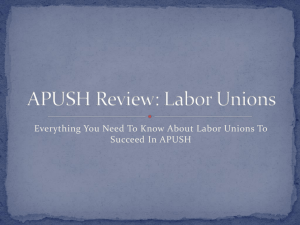Quiz #7 - University of Texas, Austin
advertisement
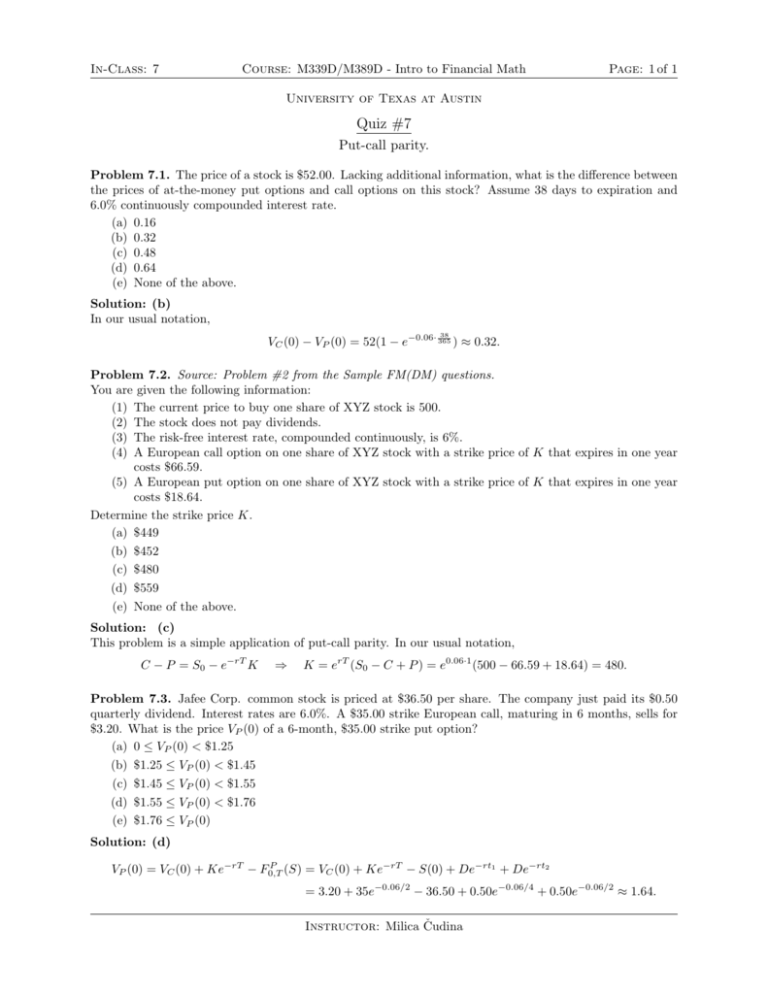
In-Class: 7 Course: M339D/M389D - Intro to Financial Math Page: 1 of 1 University of Texas at Austin Quiz #7 Put-call parity. Problem 7.1. The price of a stock is $52.00. Lacking additional information, what is the difference between the prices of at-the-money put options and call options on this stock? Assume 38 days to expiration and 6.0% continuously compounded interest rate. (a) 0.16 (b) 0.32 (c) 0.48 (d) 0.64 (e) None of the above. Solution: (b) In our usual notation, 38 VC (0) − VP (0) = 52(1 − e−0.06· 365 ) ≈ 0.32. Problem 7.2. Source: Problem #2 from the Sample FM(DM) questions. You are given the following information: (1) The current price to buy one share of XYZ stock is 500. (2) The stock does not pay dividends. (3) The risk-free interest rate, compounded continuously, is 6%. (4) A European call option on one share of XYZ stock with a strike price of K that expires in one year costs $66.59. (5) A European put option on one share of XYZ stock with a strike price of K that expires in one year costs $18.64. Determine the strike price K. (a) $449 (b) $452 (c) $480 (d) $559 (e) None of the above. Solution: (c) This problem is a simple application of put-call parity. In our usual notation, C − P = S0 − e−rT K ⇒ K = erT (S0 − C + P ) = e0.06·1 (500 − 66.59 + 18.64) = 480. Problem 7.3. Jafee Corp. common stock is priced at $36.50 per share. The company just paid its $0.50 quarterly dividend. Interest rates are 6.0%. A $35.00 strike European call, maturing in 6 months, sells for $3.20. What is the price VP (0) of a 6-month, $35.00 strike put option? (a) 0 ≤ VP (0) < $1.25 (b) $1.25 ≤ VP (0) < $1.45 (c) $1.45 ≤ VP (0) < $1.55 (d) $1.55 ≤ VP (0) < $1.76 (e) $1.76 ≤ VP (0) Solution: (d) P VP (0) = VC (0) + Ke−rT − F0,T (S) = VC (0) + Ke−rT − S(0) + De−rt1 + De−rt2 = 3.20 + 35e−0.06/2 − 36.50 + 0.50e−0.06/4 + 0.50e−0.06/2 ≈ 1.64. Instructor: Milica Čudina
